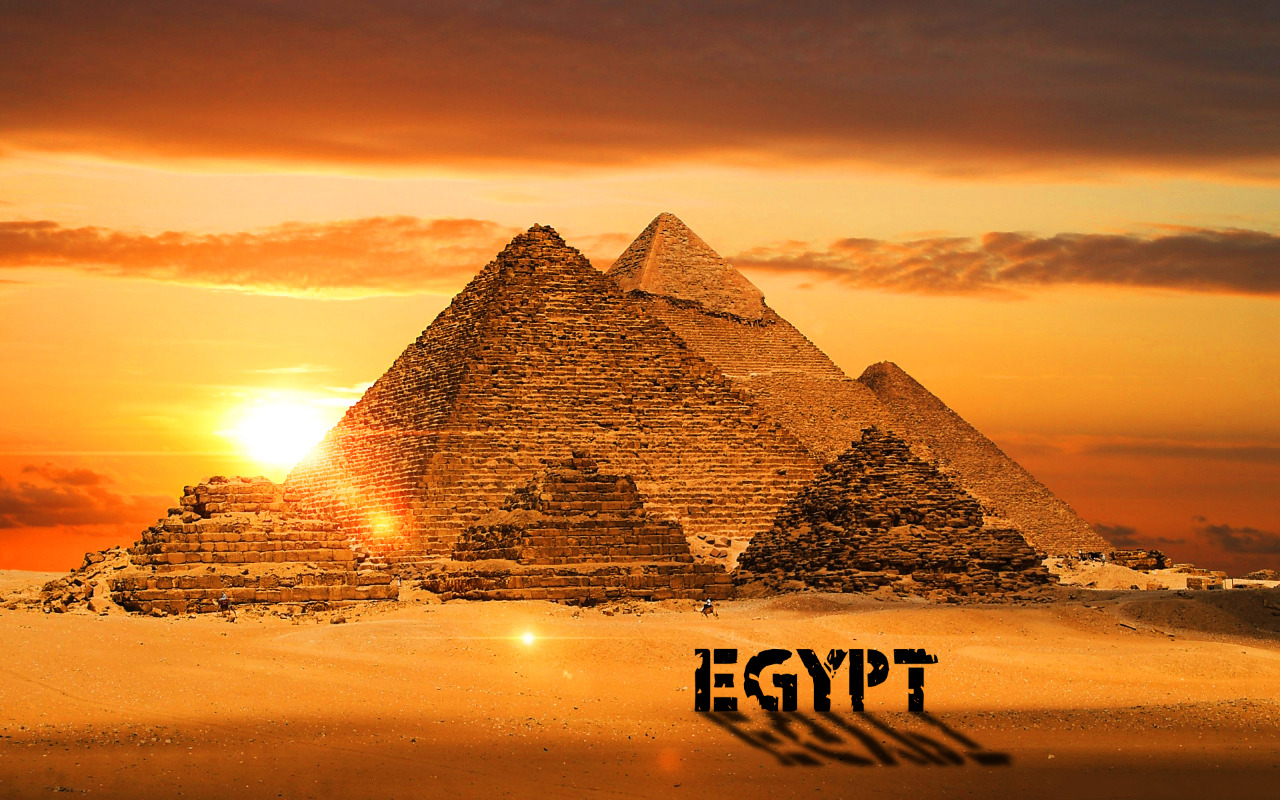By: Omar Khattaly
Researcher & Consultant on MENA Political Economy and Sovereign Wealth Funds
The Egyptian tourism sector, one of the country’s main sources of foreign currency reserves and national income, expected to grow after the Russian decision to lift the travel ban to Egypt. On December 15, 2017, Russia and Egypt signed an agreement to resume direct flights between Moscow and Cairo on February 1, 2018. According to Russian Transportation Minister Maxim Sokolov, plans for Charter flights from Russia to other Egyptian cities are to be negotiated and discussed in April 2018.
In 2017, roughly 90,000 Russian tourists visited Egypt. Analyst and government officials in Egypt expect this number to increase to 2 million in 2018, positively affecting the hotel industry in Sharam el-sheikh and Hurghada.
Tourism in Egypt is a major sector of the economy. Directly the sector employs more than 4 million people. At the tourism peak in 2010, 14.7 million tourists, 20% of them from Russia, brought in more than 13 billion U.S. dollars to the Egyptian economy.
Despite the travel ban from Russia and the UK, the Egyptian tourism sector has experienced a great revival in 2017. Experts expect the number of tourists in 2017 to be close to 8 million tourists compared to 4.5 million in 2016. Egypt is regaining a spot on the world tourism map with a large rise in tourists from all continents.
According to a report by the Central Agency for Public Mobilization and Statistics the number of tourists visiting Egypt from Europe in October increased by 74.7%. The countries with the largest increases in Egyptian travel are Italy (99.9% increase), Germany (96.8%) and the UK (70.3%). The UK increase is quite impressive considering that the British government travel ban to key resort cities such as Sharam el-sheik is still in place. Prior to the 2014-ban, British tourists accounted for more than 1 million yearly mainly to the red sea resort city of Sharam el-Sheik. Prior to the 2014 ban, nearly 1 million British tourists travelled to Egypt annually, mainly to the Red Sea resort city of Sharam el-Sheik.
Tourism from Eastern Europe has increased by 116.4% with over 111,000 tourists in October 2017. The largest increase from Eastern Europe was from Ukraine at 86.2%, and the Czech Republic with an increase of 71%. It is important to note here that Germany, Belgium, Ireland, Finland, Italy and Denmark removed their travel warnings to Sharam el-Sheik by mid-2017.
According to the Belgian network, Broximal Media, Belgium’s travel agencies have recorded a 50-percent increase in flight bookings to Egypt since the summer of 2017. The Red Sea coastal cities of Sharam el-Sheik and Hurghada are their most popular destinations.
In 2017, Asian tourists have chosen Egypt as a destination with the number of tourists growing from India, Japan and especially China with an increase of over 55% from 2016 for china alone.
Overall, over 826,000 tourists traveled to Egypt in October 2017, compared to 506,000 tourists in October 2016. In addition, by end of September 2017 tourist nights stood at 9.6 million nights versus three million for the same period last year.
For now, many international hospitality companies have made commitments to the Egyptian market. In December 2017, Hilton Worldwide Holdings, Inc. made an announcement to increase the number of hotel rooms it manages in Egypt by 40% by the end of 2022. Hilton is planning to expand with seven new hotels in Cairo, Hurghada, and Ain Sokhna in the next 4 years. The first of the seven hotels to open by the end of 2018. In addition, Hilton has announced that it has decided to choose Egypt as its regional headquarters.
Globally, in 2017 tourism has grown with impressive numbers. According to the United Nations World Tourism Organization (WTO), the world welcomed over 1.1 billion international tourists. This represents an increase of 7%, or 70 million additional international arrivals compared to 2017.
After Europe, Africa was the second fastest-growing region with an 8% increase over this period. A strong recovery shown in North Africa with a 13% increase especially in Egypt, Tunisia, and Morocco. According to WTO, Egypt ranked as the second fastest growing travel destination in the world.
Globally, tourism growth is the result of the global economy strength, which expected to growth by 3.6% by end of 2017.
For investors, and in the long run, Egypt is a great market for Tourism and Hospitality investments as long as Terrorism threats is controlled.




